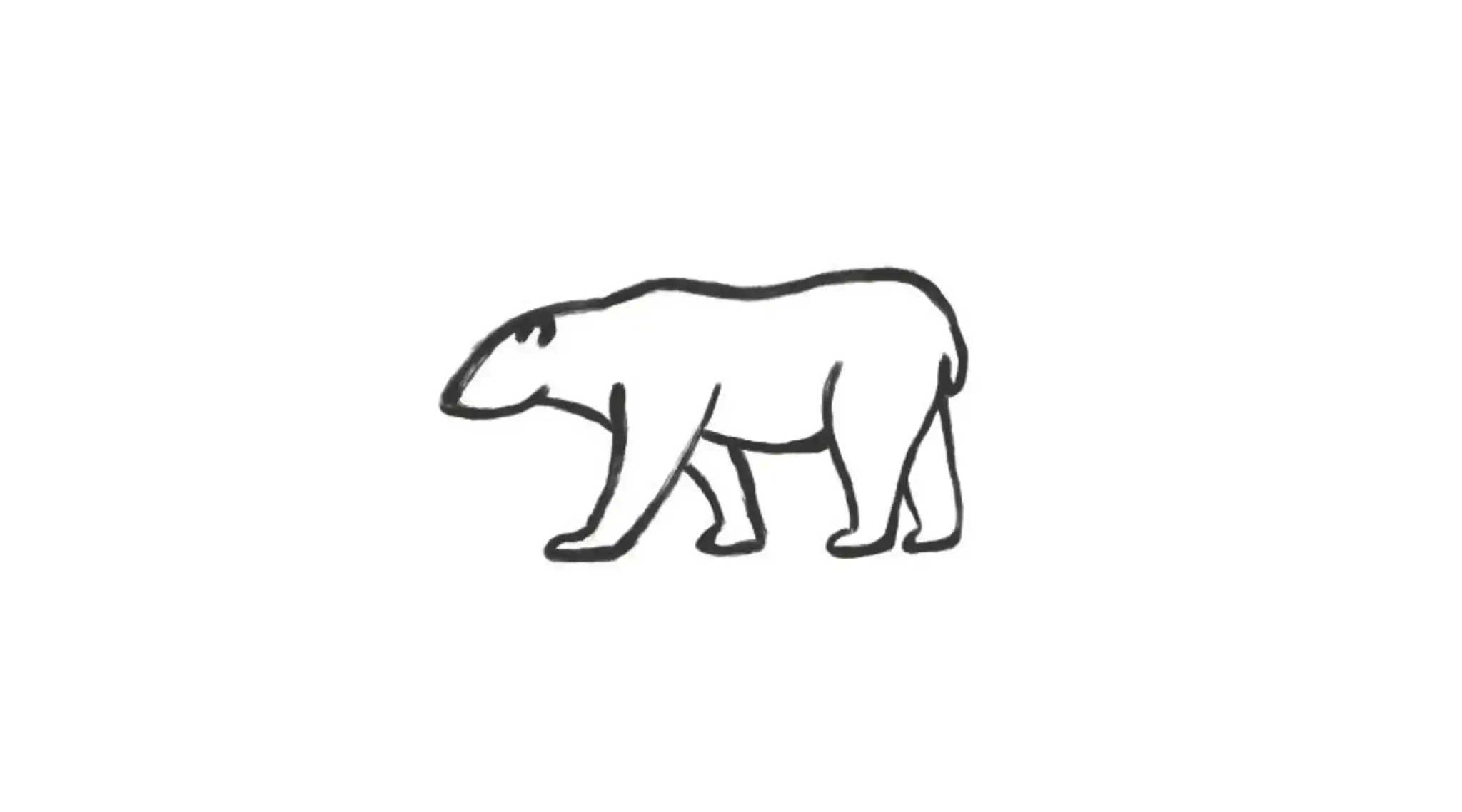
Grizzly Bears
Before Natural World Safaris, the brand was split into three, including World Bear Safaris. We have kept all of our specialist knowledge from our World Bear Safari days and continue to design journeys into the natural world to see these magnificent creatures in the wild, including the mighty grizzly bear.








